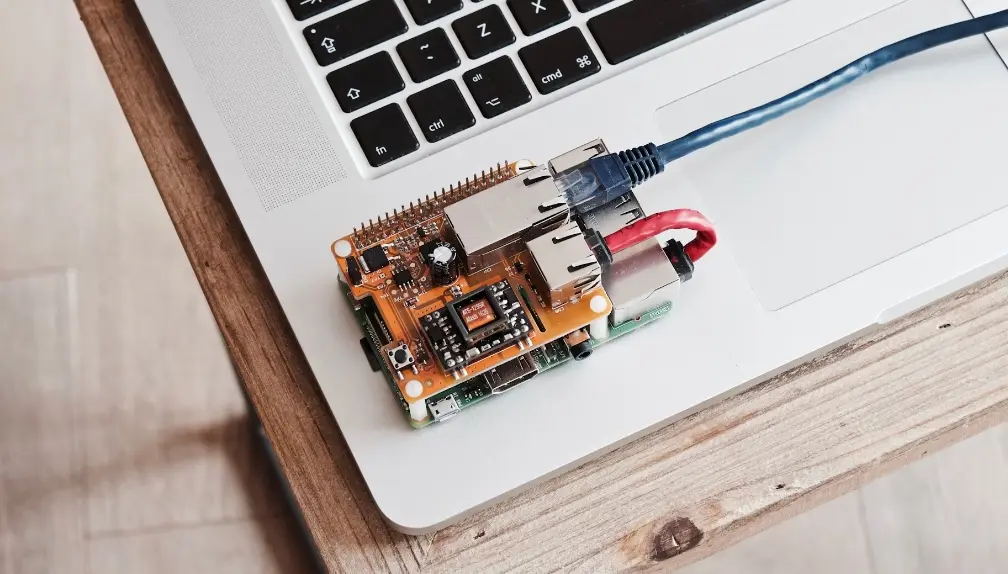
What is the CARB Certification in California, USA?
To protect public health, the California Air Resources Board (CARB) has implemented regULations limiting ozone emissions from indoor air purifiers.
According to these regulations, an "indoor air purifier" is an energy-consuming product designed to REDuce the concentration of air pollutants in enclosed spaces, including but not limited to allergens, MICroorganisms (such as bacteria, fungi, viruses, and other microbes), dust, particulates, smoke, mist, gases or vapors, and odorous chemicals.

Such products include, but are not limited to:
1. Devices that purify air around a single person (personal wearable or portable devices),
2. Air purifiers used in rooms of any size,
3. Devices intended for entire homes or buildings,
4. Portable devices for vehicles of any size,
5. Standalone units mounted on walls, ceilings, pillars, or other interior surfaces.
Products equipped with air filters or air purification components but lacking full air purification functionality are also considered indoor air purifiers.
CARB Certification Requirements for Air Purifiers Sold or Marketed in California
All air purifiers sold or marketed in California — including those sold via the internet — must undergo testing and certification by October 18, 2010, as stipulated by this regulation.
Different types of air purifiers must comply with different standards:
1. All Electronic Air Cleaners
These include electrostatic precipitators (ESP), ion generators, photocatalytic oxidation devices, and any air purifiers that do not meet the following mechanical filtration definition.
They must undergo ozone emission testing and electrical safety testing under UL 867.
2. Mechanical Filtration Air Cleaners
These devices filter air solely through physical barriers without electronic assistance, forcing air through a filtering medium. Filter materials may include activated carbon, paper, foam, synthetics, ceramics, or natural fibers.
All Nationally Recognized Testing Laboratories (NRTL) must conduct electrical safety testing.
Note: Mechanical filtration devices with UV lamps must meet the electrical safety requirements of Standard 507 and pass the ozone emission test per UL 867-40.
3. Dual-Function Air Purifiers
Devices that include both mechanical and electronic air purification components must undergo electrical safety testing for their primary function according to ANSI/UL standards. Ozone testing under UL 867 Section 37(40) is required if applicable.
Frequently Asked Questions (FAQ)
Q: Who needs to apply for certification?
A: All manufacturers intending to use or sell indoor air purifiers in California must apply for CARB certification. This applies to manufacturers producing, selling, supplying, or distributing indoor air purifiers (medical or non-medical) for residential, commercial, school, or other occupied spaces within California.
Q: Do purely mechanical filtration air purifiers require CARB registration?
A: Yes. Mechanical filtration air cleaners that filter air through physical barriers without electronic assistance require registration.
Q: What are the labeling requirements?
A: CARB defines "label" as the area on the product packaging containing necessary certification statements that are clear, legible, and separated from unrelated text, typically printed on the packaging bag.
1. Per Section 94806 of the regulation, labels for non-medical devices must be at least 1 inch by 2 inches in size. The label should clearly and legibly state in bold uppercase letters at least 3 mm tall:
"This air cleaner complies with the federal ozone emissions limit. ARB certified."
This label should be placed in a prominent location such as the top or side of the package, but not on the bottom.
2. For multifunctional units like mobile air conditioners that include an air cleaner, the recommended wording is:
"The air cleaner included in this unit complies with the federal ozone emissions limit. ARB certified."
Q: Is every model required to be tested?
A: No. Indoor air purifiers of the same model type only require one model within that group to be evaluated.
A model group is defined as indoor air purifiers with the same design, operational features, output power, and performance characteristics, produced by the same manufacturer. Different branding names do not constitute different types. Only differences in decorative features (e.g., color, remote control, switch types) unrelated to ozone emissions fall within the same type. Variations in power ratings, power sources, casings, filter types, or other significant differences typically constitute separate model groups.
Q: How long does CARB registration take?
A: CARB will issue written notice of certification approval or denial within 30 days after accepting the application, provided all materials are complete and accurate.
Q: What documents are required for CARB registration?
A:
1. Exploded drawing
2. Wiring diagram
3. Instruction manual
4. Schematic diagram
5. UL/ETL/CTUVUS test report
6. UL/ETL/CTUVUS ATM (Authority to Manufacture)
7. Intertek UL/ETL/CTUVUS Listed Directory
8. CARB application form
About JJR Laboratory in China
JJR Laboratory has successfully handled multiple CARB registration projects, assisting clients in obtaining product market authorization with extensive certification experience. Product types vary, so documentation requirements may differ slightly. Please contact us directly for the most accurate and up-to-date information.
Email:hello@jjrlab.com
Write your message here and send it to us
 How Do You Get a CE Mark
How Do You Get a CE Mark
 IEC 60529 IP Rating Ingress Protection Standard
IEC 60529 IP Rating Ingress Protection Standard
 IEC 60601-1 Medical Electrical Equipment Basic Saf
IEC 60601-1 Medical Electrical Equipment Basic Saf
 European Authorized Representative Medical Devices
European Authorized Representative Medical Devices
 EU Waste Electrical and Electronic Equipment Direc
EU Waste Electrical and Electronic Equipment Direc
 How to Get CE Approval
How to Get CE Approval
 Accelerated Ageing Test
Accelerated Ageing Test
 IP Ingress Protection Testing
IP Ingress Protection Testing
Leave us a message
24-hour online customer service at any time to respond, so that you worry!




